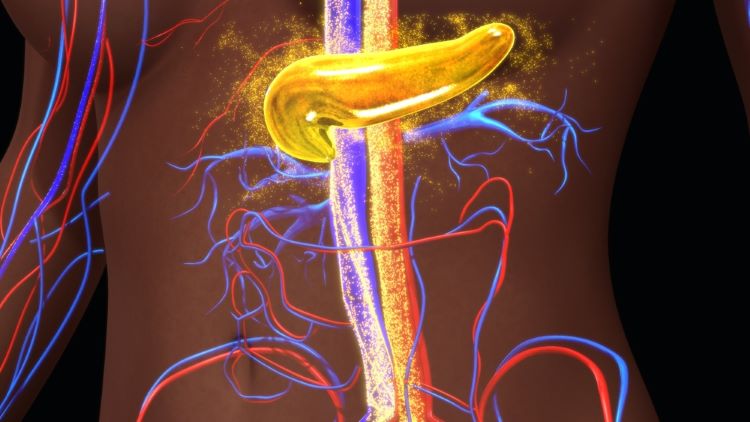First cell therapy approved for Type 1 diabetes
Posted: 29 June 2023 | Catherine Eckford (European Pharmaceutical Review) | No comments yet
US Food and Drug Administration (FDA)-approved allogeneic pancreatic islet cell therapy Lantidra could provide another treatment option for Type 1 diabetes.


The US Food and Drug Administration (FDA) has approved Lantidra, the first cell therapy for certain adults with Type 1 diabetes.
The allogeneic pancreatic islet therapy is made from deceased donor pancreatic cells and is indicated for Type 1 diabetes patients who are unable to approach target glycated haemoglobin due to current repeated severe hypoglycaemia episodes even with intensive diabetes management and education.
This approval “provides individuals living with Type 1 diabetes and recurrent severe hypoglycaemia an additional treatment option to help achieve target blood glucose levels,” noted Dr Peter Marks, Director of the FDA’s Center for Biologics Evaluation and Research.
Lantidra’s mechanism of action
The primary mechanism of action of Lantidra is believed to be the secretion of insulin by the infused allogeneic islet beta cells, FDA stated. In some Type 1 diabetes patients, these infused cells can produce enough insulin. Therefore the patient does not need to continue to take insulin by injections or pump to control blood sugar levels. Lantidra is administered by infusion into the hepatic (liver) portal vein. An extra infusion may be needed, depending on the patient response.
World’s first approval of an allogeneic T-cell immunotherapy
Efficacy and safety data of the cell therapy
In two prior studies, 30 participants with Type 1 diabetes and hypoglycaemic unawareness received at least one infusion and a maximum of three infusions of the islet cell therapy Lantidra.
Overall, 21 participants did not need to take insulin for a year or more. Eleven participants did not need insulin for one to five years. Ten participants did not need insulin for more than five years. Five participants did not achieve any days of insulin independence.
However, the majority of participants did experience at least one serious adverse reaction related to the infusion procedure and the use of immunosuppressive medications needed to maintain the islet cell viability.
CellTrans Inc was granted regulatory approval of Lantidra by the FDA.
Lonza and Vertex to partner to manufacture diabetes cell therapies
Related topics
Biologics, Biopharmaceuticals, Clinical Development, Clinical Trials, Drug Development, Drug Safety, Regulation & Legislation, Research & Development (R&D), Technology, Therapeutics









